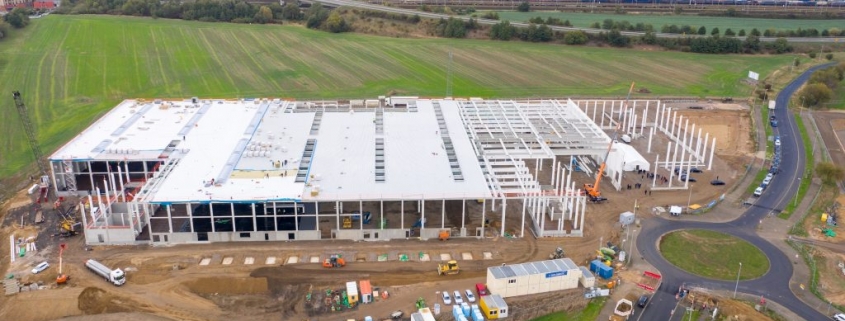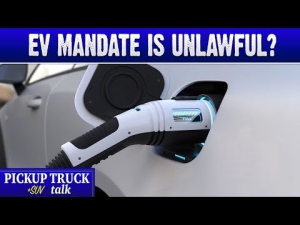EVs Are More Expensive Than We Thought, Costing Industry Billions
We’ve kind of been programmed to think that EVs are cheaper than gas cars. For example, the cost of parts is less than gas vehicles simply because there’s less bouncing around under that hood. It’s just a brushless motor and some electrons. Gross oversimplification, I know. Moreover, we’ve been told that the cost to go places is less. That’s true, but the infrastructure needed to support electric vehicle charging isn’t cheap. Biden’s electric vehicle plan will cost trillions. However, the electric vehicle push is already costing automakers billions.
Fires and EV development costs are cutting into margins
So, by now you’ve surely heard of a few edgecase scenarios of EV fires. Maybe a crash or something caused one. No biggie right? Well, per CNBC, these fires may be somewhat more of an issue than people think. Not to say that you should avoid buying one altogether because of it. The issue is, we just haven’t figured out how to make fire suppression 100% foolproof in the case of EV batteries. The cells on these vehicles can rupture one at a time leading to fires burning for much longer than your average fire.
Of course, there’s also the cost of getting these cars built and on the road. EVs are completely new. We don’t (or didn’t) have the accumulated tooling needed to shift to the mass production of electric vehicles. That means automakers need to make completely new machinery and tools to build large parts of these new types of vehicle. However, automakers are saving some money by building batteries into existing platforms, as the Volkswagen group has started to do.
Legislation for EVs is slow to catch up

Now onto a more hairy subject. For now, electric vehicles are inextricably tied to autonomous and semi-autonomous driving. That’s thanks largely to Tesla, who have continued to push development in the area of both EVs and autonomous vehicles forward. As such, the company has been subject to much (fairly earned) criticism on everything from their production methods to their use of autonomous software. Currently the company is being investigated by the NHTSA for their role in several crashes.
It’s not just Tesla, but Musk’s company is just a great example of how not to fly low. Frankly, EVs need this legal scrutiny right now. Battery materials can be harmful to our environment, and that includes the mining needed to get raw materials such as nickel. For now at least, legislation in this regard is light. However, Biden is pushing legislation to expand EV infrastructure, something we desperately need for EVs to work.
How long until we normalize electric vehicles?

Think about how long it took for cars to become a “thing.” We’re practically starting over with the car (ignoring things like traffic laws, etc.). This is going to be a period of uncomfortable, lightly legislated growth for the EV. However, it is something many people view as a necessity to combat the climate crisis, a line of thinking I tend to agree with. Normalizing EVs will take decades, and we can only hope that it’s all going to be worth it.
RELATED: Range Anxiety Means Much of America Isn’t Ready for Biden’s EV Move
The post EVs Are More Expensive Than We Thought, Costing Industry Billions appeared first on MotorBiscuit.







